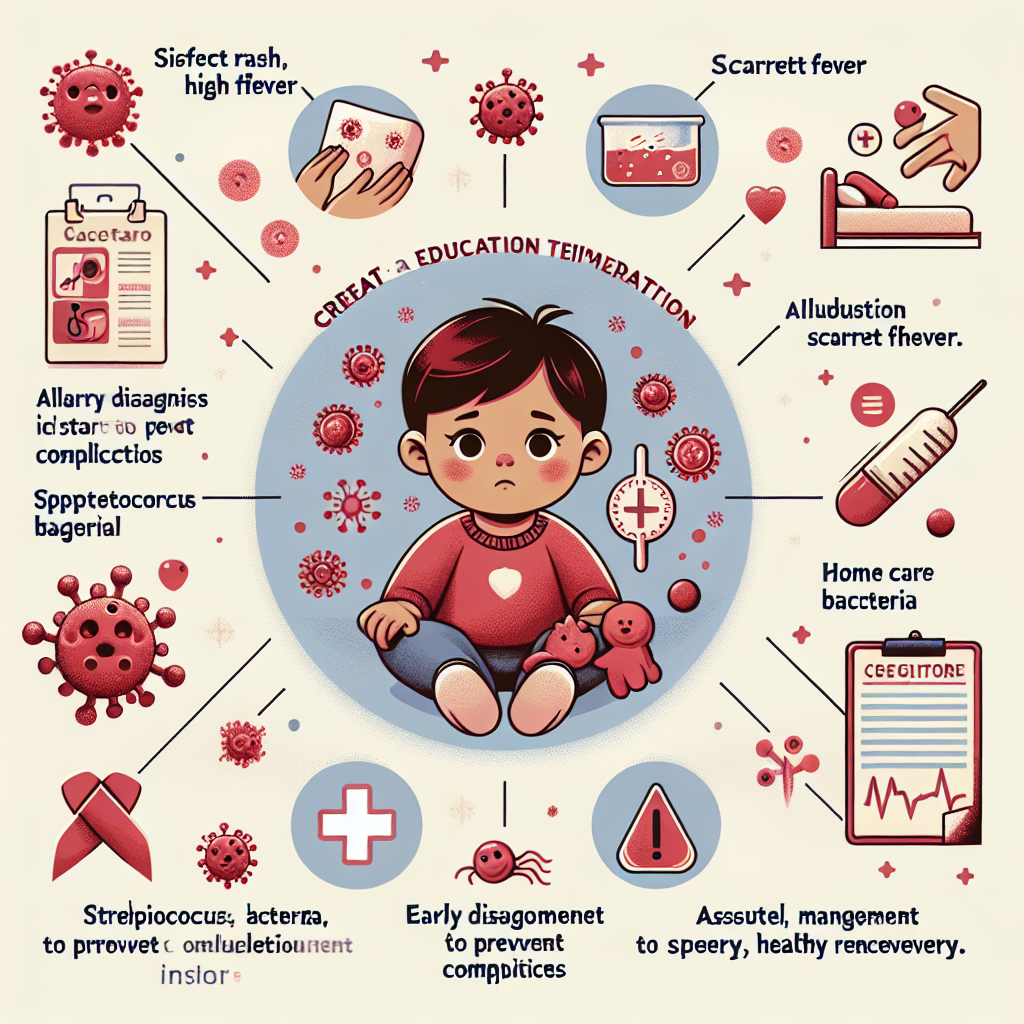Child Development: A Complete Guide to the Essential Stages
From the first smiles to the first steps, child development is a path full of discoveries and challenges. Parents and caregivers play a crucial role in providing the child with the support and guidance needed to successfully navigate the critical stages of growth. This article aims to be a complete guide to understanding the different stages of development and how to manage them optimally.
Motor Development
Motor development refers to the development of the child's involuntary and voluntary movements, coordination and muscle control. This begins with simple reflexes such as sucking and grasping and progresses to more complex movements such as walking, running and jumping.
In the first year, babies learn to control their head, roll over, sit up, and eventually crawl or walk on their own. As children grow, gross and fine motor development becomes more advanced. It is important to provide opportunities for children to practice these movements through a range of stimulating games and physical activities.
Language development
Language development is a fundamental aspect of a child's growth, enabling them to communicate and understand the world around them. This begins with crying and stuttering, gradually progressing to the articulation of words and phrases.
Children begin to produce the first sounds and syllables a few months after birth, and at one year they can use a few simple words with clear meanings. Vocabulary grows exponentially in the second year, and by the age of three, many children can form complete sentences and use language to express their needs and feelings. Reading together, constant dialogue and games involving words are essential to support language development.
Social and Emotional Development
This stage of development involves how children understand and interact with others, as well as how they manage their emotions. They are able to form bonds, show empathy and develop friendships.
During the first two years, children develop attachments and begin to understand simple concepts about themselves and other people. As they grow older, they expand their social circle and are exposed to new emotional challenges. A stable routine, role-playing and encouraging the expression of emotions are good ways to support social and emotional development.
Cognitive Development
Regarding the child's ability to think, learn and solve problems. This is extremely important and develops rapidly in the first years of life.
Stages of cognitive development include object and person recognition, understanding cause and effect, the ability to follow simple instructions, and memory development. Educational games, exploration and providing varied experiences are powerful tools for improving children's cognitive development.
Sensory Development
Babies' sensors are active from birth, allowing them to explore and understand their surroundings. The development of sight, hearing, taste, smell and touch all contribute to how children learn and react to stimuli.
Appropriate stimulation of the senses can be achieved through toys with various textures, music, aromatherapy and foods with varied tastes. These experiences enrich sensory learning and help children make essential connections between their senses and the outside world.
Conclusion
In conclusion, child development is a complex and wonderful process that requires the active and sustained involvement of parents and caregivers. Each stage has its own unique role in the formation of the individual and must be approached with patience, love and attention to ensure the best conditions for growth and learning. By approaching each stage with understanding and commitment, we can contribute to the healthy and happy development of our children.
For more information on child development and to support the healthy growth of your little ones, we invite you to visit the children's section of our store or subscribe to our newsletter for useful tips and resources.














































































































































